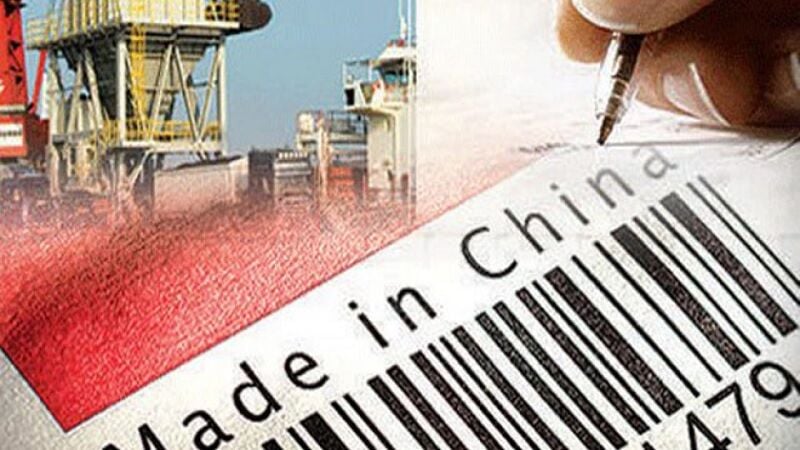Calls for action on Chinese investments in Thailand

The new Government of Thailand is facing calls to swiftly address the growing perception that Chinese products and investments pose a threat to Thai interests. This sentiment, if left unchecked, could harm Thailand’s export and tourism sectors.
President of the Panyapiwat Institute of Management and an expert on the Chinese and US economies, Sompop Manarungsan, emphasised the need for cooperation between Thailand and China to develop a mutually beneficial trade model.
“Negative sentiment has been growing to the point where even a Chinese fried chicken brand that recently set up franchises in Thailand is seen as a threat. There are numerous Japanese and Korean restaurants in Thailand, while Chinese fried chicken shops are relatively few.”
Sompop warned that unresolved perceptions and attitudes towards Chinese investment and trade could lead to a trade confrontation with China, negatively impacting Thailand’s export and tourism sectors.
While acknowledging that Chinese investment and the influx of Chinese products do affect local businesses, Sompop pointed out the dual nature of this relationship. Many factories in Thailand rely on low-cost components or raw materials from China.
He stressed the importance of consultation and understanding between the Chinese and Thai governments to address the issue early and find a win-win model for both countries. One example he cited was that if China becomes a wholesaler in Thailand, it should avoid entering the retail market to compete with local businesses.
Thailand faces an annual trade deficit with China of around US$10 billion, mostly due to the import of raw materials and intermediate goods, while imports of finished products from China remain relatively low.
Automotive industry
In the automotive industry, the competition from Chinese electric vehicle (EV) companies in Thailand was also discussed. Sompop pointed out that EVs and internal combustion engine (ICE)-powered vehicles are not directly competing in the same market, as the market share of EVs is still significantly smaller than that of ICE-powered cars.
He suggested that the Thai government should study the subsidy structures of other countries to evaluate how subsidies can support the EV market while minimising the impact on ICE-powered cars. Currently, the Thai government provides a subsidy of 100,000 baht per EV, whereas the Chinese government is gradually increasing its EV subsidy from 10,000 yuan to 20,000 yuan (from 48,107 baht to 96,214 baht) per vehicle.
The market is undergoing a transitional period as developed countries have imposed trade barriers on China. This has led to a reduction in Chinese exports to nations such as the US, South Korea, Japan, and European countries by more than 10% annually.
Sompop noted that China has not yet reduced its production capacity, resulting in a surplus of Chinese goods flowing into developing countries. He suggested that China may need to reduce its capacity or relocate production bases in the future.
During this transition, careful management of the transformation process is essential, Sompop advised, reported Bangkok Post.
Latest Thailand News
Follow The Thaiger on Google News:


























